Palm oil is widely used in our food and personal care products as it is highly versatile and stable. It is present in food products like biscuits, where it is naturally trans-fat free, and as derivatives like fatty acids used in cleaning products and biodiesel.
With the projected increase in the global population, palm oil is a solution to meet the increased demand for oils and fats. It is the highest yielding vegetable oil. Its alternatives, like sunflower or rapeseed oil, require five times more land. Soybean oil requires seven times more land.
Yet oil palm is a highly controversial crop. Critics of palm oil production often cite deforestation and human rights abuses among the many challenges in the industry.
The sustainability progress of palm oil production has come a long way since 2010. Global civil society groups have reported that the rate of deforestation from oil palm in Indonesia has slowed since 2016.
Therefore, the challenge we need to address is not a ban on palm oil but rather, making sustainable palm oil production the norm.
Making the supply chain sustainable
The Musim Mas Group joined the Roundtable on Sustainable Palm Oil in 2004 as the first Indonesian palm oil major and has not looked back on its sustainability journey since. The group has constantly been improving and evolving not just in its operations but also as a leading sustainable player for the industry.
As a vertically integrated palm oil company, we own plantations and source from third-party suppliers. We also have mills, refineries and downstream plants that produce derivatives like oleochemicals.
When we first published our No Deforestation, Peat and Exploitation (NDPE) policy in 2015, we prioritised mapping out the different blocs in our supply base. We realised that there were two significant blocs: 1) the corporate plantations with concessions and mills and 2) the independent smallholders who supply indirectly to our supply base.
![musim-mas-pic-1[1].jpg](/images/digitalhublibraries/articles-categories/8640426b-1672-47bd-9643-c1f15bae9858.jpg?sfvrsn=ff9de930_2)
The corporate bloc was the easier bit. Over the years, we have built a significant database of the concessions’ boundaries, data on conservation and peat areas, and oil palm planted areas. We also collected the traceability data of our third-party suppliers. We studied the different types of suppliers in our supply base and their profiles.
With the insight from the database, we help our suppliers build their capacity to meet the legal requirement for sustainable production, the Indonesia Sustainable Palm Oil Standard, and the market requirements for NDPE compliance. We also monitor the suppliers with the help of satellite technology and technical consultants, using a mix of site audits to verify compliance.
Scaling smallholder training
The more difficult bloc is smallholders who make up over 40 per cent of palm production area, especially independent smallholders. Independent smallholders lack the resources to produce sustainably and improve their yields. Many are unbanked and lack market and loan access to purchase fertilisers and improve yields. These independent smallholders do not contribute directly to Musim Mas’ supply base, but we saw the need to assist them for the betterment of the industry.
In 2015, with the International Finance Corporation, a member of the World Bank Group, Musim Mas launched its independent smallholder programme, training them on NDPE principles and good agricultural practices to improve yields. However, training one smallholder at a time has its limits. We needed a better strategy to scale up our efforts.
![musim-mas-pic-2[1].jpg](/images/digitalhublibraries/articles-categories/c52b49cc-37ac-4ef1-a7a6-114558dc9454.jpg?sfvrsn=a40835a0_2)
In 2020, Musim Mas broadened its stewardship for smallholder sustainability to a landscape level with its Smallholders Hubs. These hubs work on a train-the-trainer basis where Musim Mas conducts training for government Village Extension Officers (VEOs), who can then train more smallholders over time. The hubs also bring together support on a district level, which helps establish a pre-competitive approach that allows other palm oil companies, from mills to downstream players, to share their expertise and resources, ensuring market access for the smallholders.
Musim Mas now runs Indonesia’s largest independent smallholder programme. Over 40,000 smallholder farmers have benefited from Musim Mas’ smallholder programme over the years, and approximately 350 VEOs have been trained across its seven hubs. The smallholders trained represent over 83,000 hectares of palm plantations, an area larger than the size of Singapore.
Collaboration to overcome systemic challenges
Over the years, we started to work closely with our competitors, customers and even government officials, to jointly engage our suppliers and independent smallholders. This helps with spreading the message around NDPE compliance, a joint effort that would not be commonplace in the past.
For example, Musim Mas collaborates with downstream companies in the landscape, including a collaboration with General Mills and with Nestlé and the ingredients company AAK in our Smallholders Hub in Aceh, Indonesia.
We believe that stewardship on a landscape level is the way forward for oil palm sustainability. As the highest yielding vegetable crop, palm is here to stay. The challenge is ensuring a sustainable production across the long supply chain where the crop, which grows in the global south, is in high demand in the global north. The only way to work on systemic challenges is to work collaboratively with others in the same landscape that will ensure success in years to come.
Posted 02/02/2023



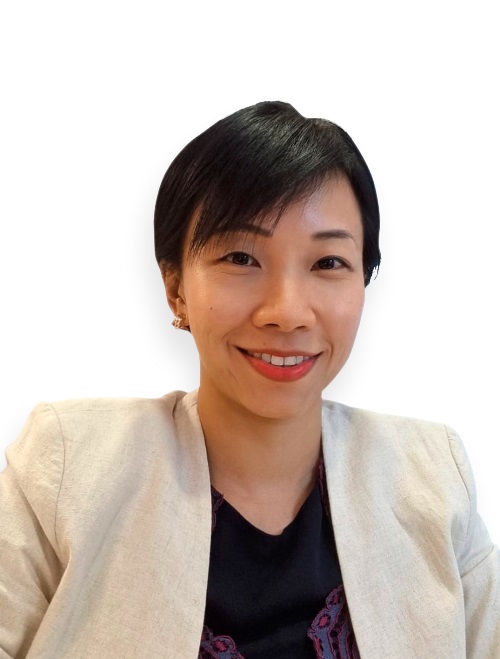








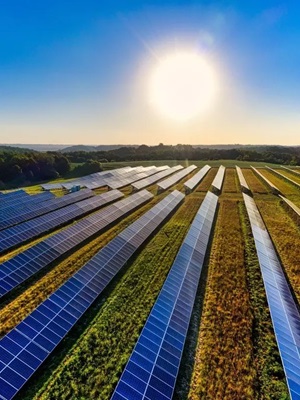
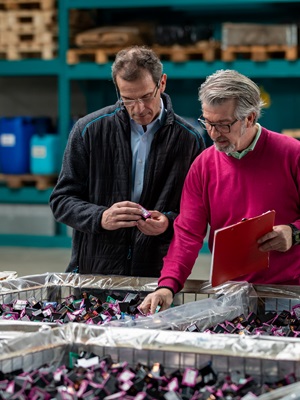
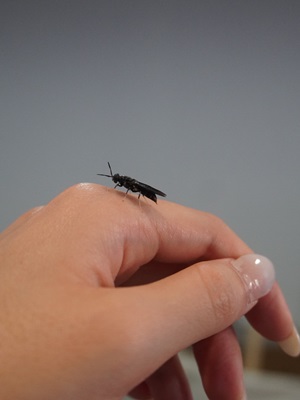
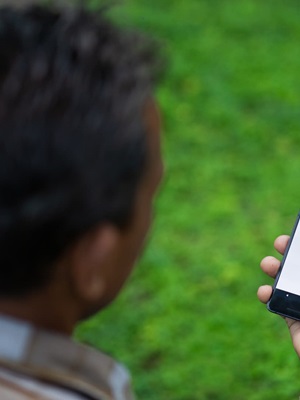

19 days ago
ছবি এডিট কিভাবে করব